How to Buy a Car in 2024: Car Purchase Options Explained
Did you know buying a car is one of the most significant decisions influencing your financial situation? For a large purchase, you should always look at the total cost of car ownership. One more vital factor to consider while purchasing a vehicle is how to buy the car the “right” way. We’ve evaluated five of the most common car purchase options. Consider the buying process holistically: consider all the choices and their pros and cons.
Table of Contents
Option 1. Buying a Car with Cash
It sounds like this: you pay for the entire vehicle up-front. There are no monthly payments or financing to be concerned about.
Benefits of Paying Cash
No interest expense
There are no debt service costs to be paid. Debt service is the sum of the principal and interest of a debt over a specific period. Debt service is usually quoted per year.
Easier to negotiate
Cash can allow you leverage to negotiate a better deal. Car dealers may be willing to accept a lower price if they know the money is guaranteed immediately after signing.
The best car for your money
You’re more likely to buy the “right” car. Because the money is your own, you may feel more pain when it leaves your account. The vehicle you choose will meet the sweet spot of what you want and can actually afford.
You own the car outright
If you had leased or financed a vehicle, legally, the title belongs to the entity responsible for financing. This is important, especially if you don’t meet your payment obligations. The title holder can repossess your car, and you will not get your money back. Instead, you’ve paid cash and held the title. Owning the vehicle also means you can customize your ride and drive it as much as you want. You may even leave the country with it. (This is usually restricted to a lease or financing option.)
Drawbacks of Paying Cash
Decrease cash reserves
You decrease your emergency funds and cash liquidity. There is an immediate loss of cash when you pay for the car. Worse, a car’s value decreases when driven off the car lot. Getting back the full cash value is difficult. This does not even count how long it takes to sell the car.
Opportunity cost
The cash spent on the car cannot be invested somewhere else. You then lose out on an opportunity to generate compound interest on that money.
Diminished car value is real
If your car is ever in an accident, it will have a diminished value. The car’s value to a prospective buyer will be lower than a similar vehicle without a crash. This is despite it being repaired “as good as new.”
Diminished Value Example
After an accident, your insurance company restores the car to better than its original condition. You want to sell it for $16,000. A buyer insists upon seeing your car’s history report. Due to the accident and repairs of $5000, he decides the car is worth $11,000 and will not pay more. You could keep the car and hope that another buyer pays your price. Or you could accept the diminished value and the buyer’s offer. What’s worse is that you can’t claim this money from your car insurance and will have to absorb the loss.
Option 2. Refinancing a Car
Refinancing a car is one of the most popular car purchase options, especially for people who cannot pay for their vehicle using cash. You’re taking a loan from a dealer or other financial institution to pay for the car.
Let’s study all pros and cons of refinancing a car to know exactly how it works.
Pros of Refinancing a Car
You can buy a more expensive car if that is what you want
When you pay cash up-front for the vehicle, you get the one you can afford right now. Refinancing allows us to purchase a better car than we can with the money we presently have available. For example, you may have enough money to buy a used car for $10,000. With refinancing, you may be able to purchase a new $30,000 car. The new car will likely have a better warranty and fewer problems.
Build a credit history
Refinancing helps build your credit history. Your payment habits determine approximately thirty-five (35%) of your credit history. If you make payments to your loan on time, as agreed, you will be rewarded with an improved credit score.
Opportunity to invest cash
You may get a chance to invest some money. This is a risky situation, but the payoff can be worth it. First, you must qualify for a loan with a low APR. (APR or annual percentage rate is the percentage of the loan charged, per year, for borrowing money. It can also refer to the rate of return earned by an investment.) Then, you can reinvest an unused portion of the money in a vehicle with a high APY. (APY or annual percentage yield is an effective rate of return per year after factoring in compound interest.) You will earn money on the difference between the APY and the APR.
You own the car
This means you can drive it as much as you want or modify it as you wish. Taking the car to another country is generally still not allowed.
Cons of Refinancing a Car
Buying a car that you really can’t afford
It’s good to be able to purchase the vehicle that you think you need. Too many people buy the maximum car they can qualify for, even if it is too expensive. In many cases, car owners don’t see or understand the full cost of car ownership.
Interest expense
You are responsible for debt service costs.
Can ruin credit history
The penalties for missing payments are harsh. Missing even one payment can have a severe impact on your credit score. If you miss multiple payments, it will devastate your credit history. The lender will come after you to repossess the car.
Upside-down loans
The car loan may be underwater or upside down. These terms mean the same thing: you owe more on the car than the car is worth. Cars depreciate when you leave the dealer and can lose thousands of dollars in value each year. It’s exacerbated if the loan is enormous and depreciation occurs too fast. You may also be underwater if your car suffers damage in an accident.
Diminished value
If something happens to the car, you are still responsible for it (and the loan payments). It doesn’t matter if the vehicle suffers from diminished value or is destroyed. The loan is still valid until it is paid off.
Option 3. Leasing a Car
Leasing a car is also among the most popular car purchase options. When leasing, a dealer will “rent” you a vehicle for a specific time and number of miles. At the end of the lease, you can choose to return the car or buy out the lease and keep the vehicle.
Does leasing a car make sense? – To answer this question let’s dive deeper into the pros and cons of leasing a car.
Benefits of a Car Lease
Low monthly payment
Compared to financing a car, the monthly lease payments are lower. Just like refinancing a car, you may be able to purchase a better option than buying a car with cash. Your monthly payments are generally smaller than the finance option.
The process of giving up the car is convenient
You won’t have to go through the hassle of trying to sell the vehicle. At the end of the lease, you return it to the dealership.
Not responsible for diminished value
You may avoid diminished value if you take on the mandatory repairs. This includes preventative and restorative maintenance. The dealer must take ownership of the car at the end of the lease.
Leasing Drawbacks
Most expensive way
Leasing is one of the most expensive car purchase options. With refinancing, you can compare rates between dealerships and financial institutions. Leasing is different; you can only work with the car dealership. There are no options to shop around for a better leasing option like you can with financing.
While the monthly lease payment is less expensive than the other options, it has a major financial drawback in the total calculation. With refinancing or cash purchases, you have equity in the car once the transaction is completed. At the end of the lease, you will have no equity in the car because it returns to the dealership. Introducing the equity into the calculation makes the cost of cash purchases or refinancing less vs. leasing.
Hard to calculate total costs
Understanding the lease payment can be complicated. Take taxes, for example: Do they apply to the car’s total value or the residual value only? Does your trade-in affect the applicable value? Is there a requirement for multiple security deposits (MSD), which causes opposing effects on down payment and APR? These questions make it difficult to determine if your leasing deal is good.
Lease fees
So many fees! Leasing fees include:
-
- Acquisition (bank or processing) fee covering the costs associated with working with the leasing company. This fee depends on the dealership and the value of the leased vehicle.
- Disposition fee, calculated at the lease’s end, for the costs of returning the car to the dealership. These may include administrative fees and car wash, cleaning and detailing costs for future sales.
- Overage fees. You will negatively affect the resale potential of the vehicle if you drive more miles than permitted on your lease. The dealer may use this fee to recover the diminished value.
- Damage fees are assessed for any significant damage to the car while in your possession.
- Security deposit, advanced payment for protecting the leasing company against car damage and non-payment.
Option 4. Balloon Auto Loan
In a Balloon Auto Loan (or customer choice financing), the interest is paid in monthly installments. The final payment is a lump sum of the principal (the balloon). Balloon loans are the right choice if you need to have low monthly payments at the beginning of the loan. However, it’s the riskiest of all car purchase options.
Only Disadvantages
- More Debt. Your monthly payments are lower, but your balance is paid slower than traditional financing, so you pay more interest.
- Diminished Value Can Occur. The car is your responsibility.
- The Loan Is Underwater. The principal is paid at the end, so the car’s value will always be significantly less than you owe. In the case of a sale or insurance payment due to an accident, the payout won’t cover the loan.
Option 5. Lease Takeover
This is simply taking over someone else’s car lease. The lessee may have several reasons for wanting to end the lease.
As a new lessee, you may receive the benefits of leasing mentioned in option 3 above and:
- Possibly a better deal. Someone who wants to get out of the lease may offer benefits to make it more enticing. They may give up the down payment or trade-in, and you may get a lower monthly payment.
- You get a shorter lease term. This can work if you’re in between cars.
- The responsibility for diminished car value does not fall on you.
As mentioned above, leases are expensive overall, and you don’t build equity. You’re taking on additional risk. Review the lease terms to ensure you know what you’re responsible for and to avoid extra expenses. You are also on the hook for any physical damage to the car. Before signing, ensure the dealer inspects the vehicle to ensure it hasn’t been modified. Also, ensure that the mileage allowance is appropriate and has not been exceeded for the lease.
The Final Word From FFG on Car Purchase Options
We are not telling you that the only right way is to buy a cheap reliable car and invest the rest of the money. You can make your own decision based on your priorities. We’re telling you that you need to understand all car purchase options, so you can make an informed decision that suits you best.
Last Updated: June 22, 2023

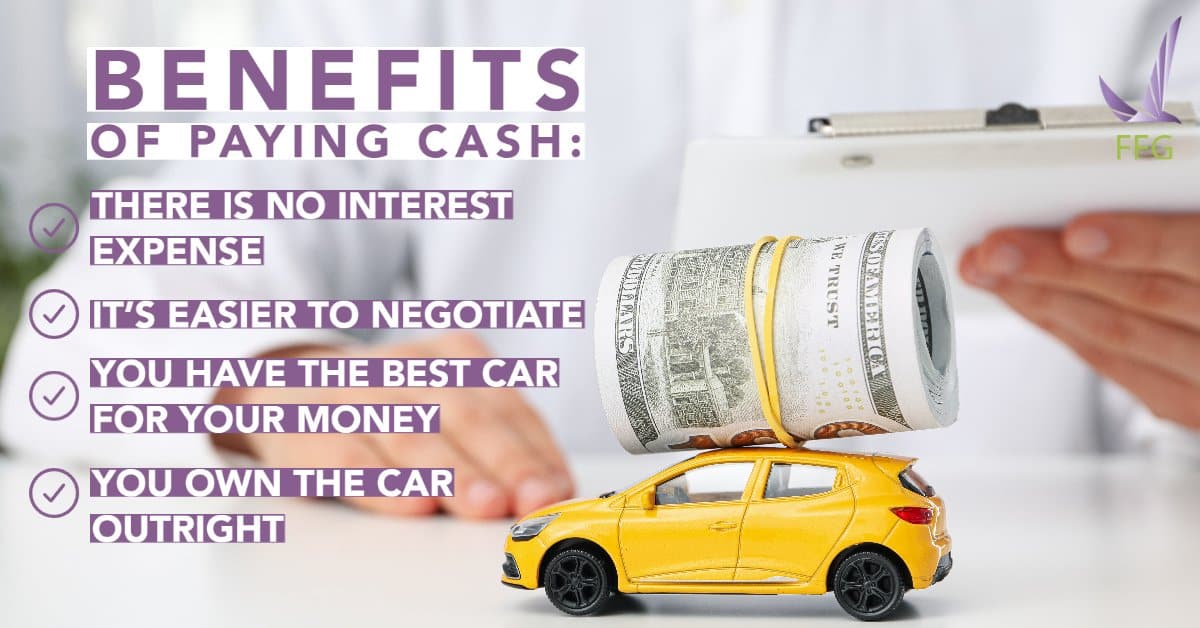
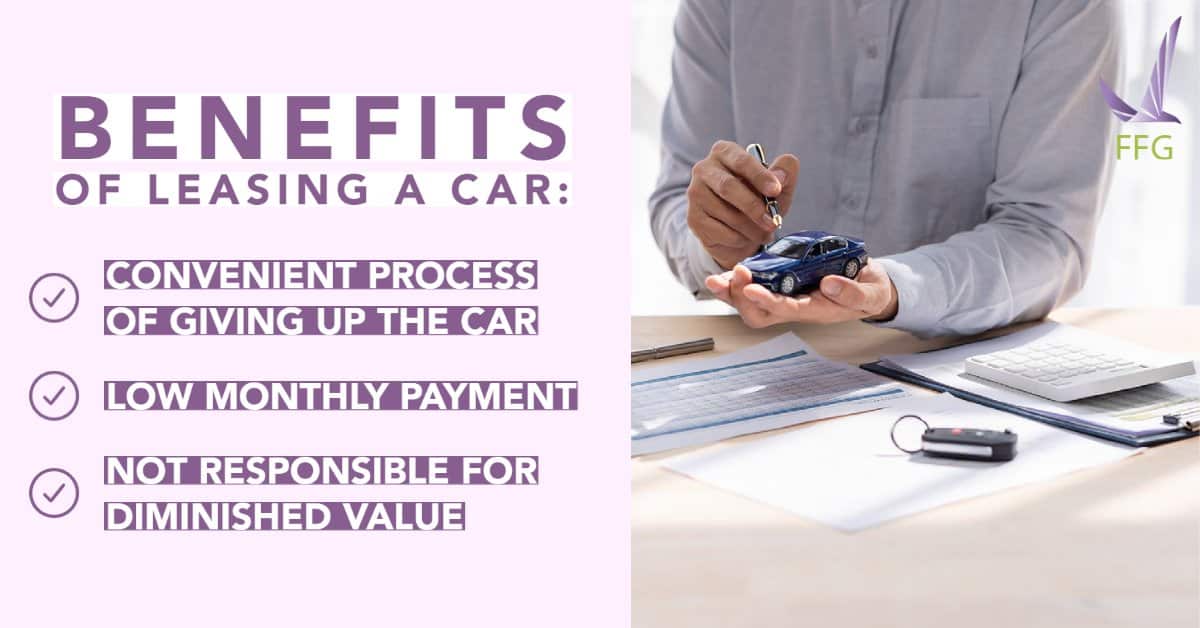

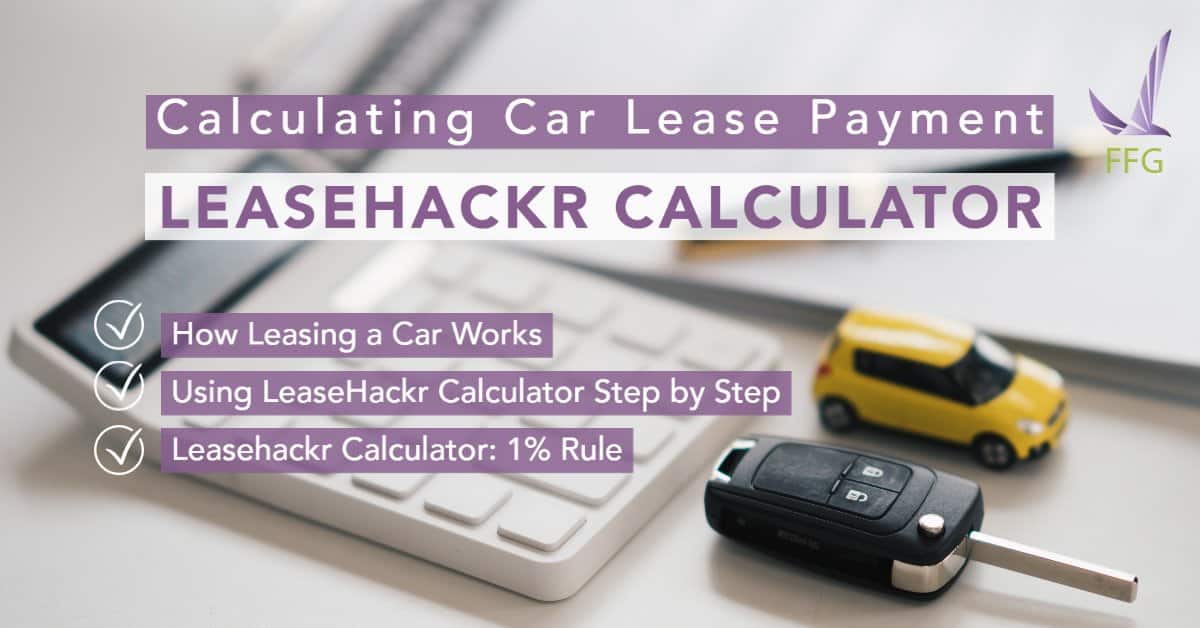
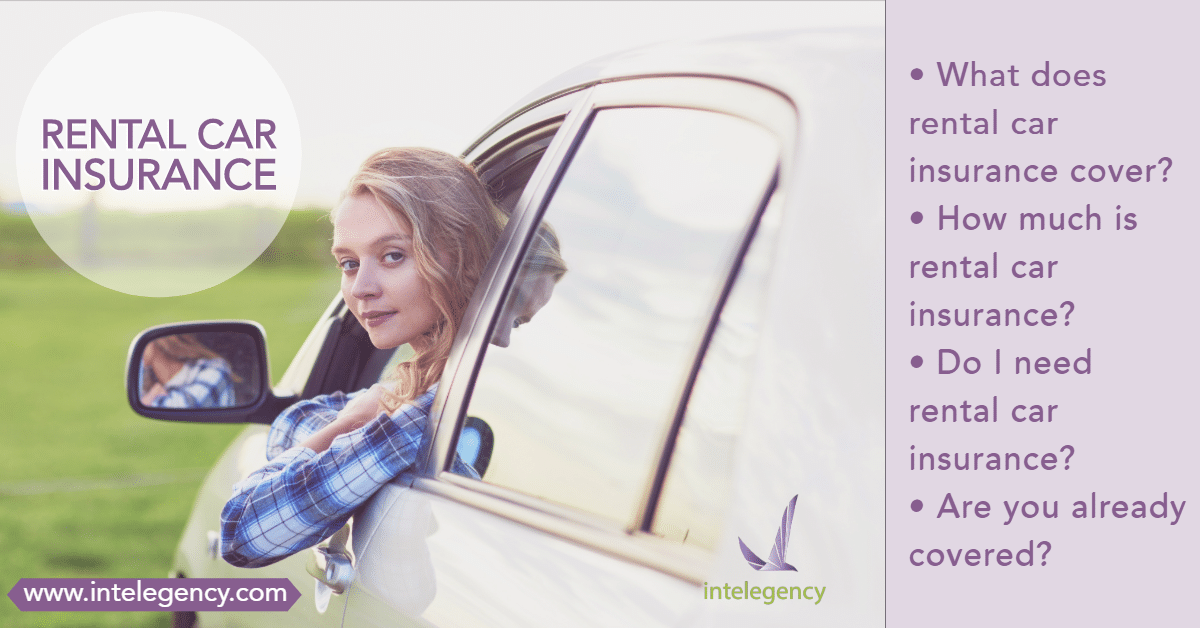
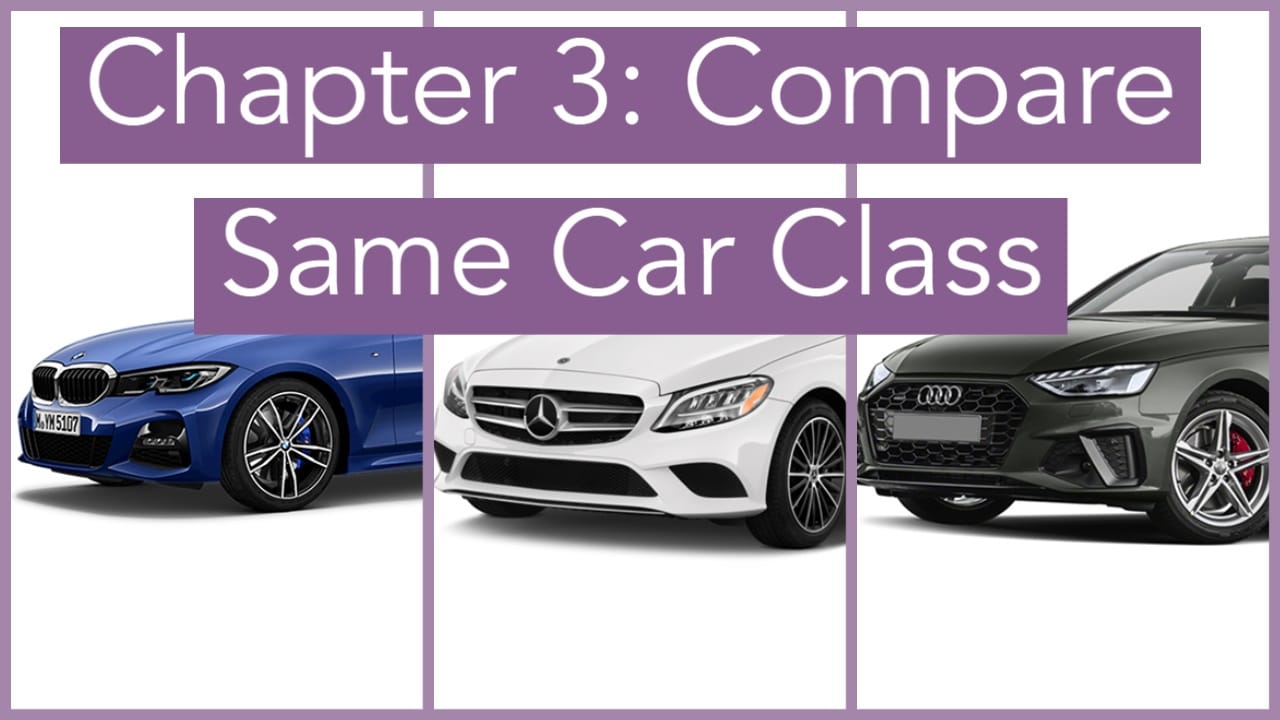
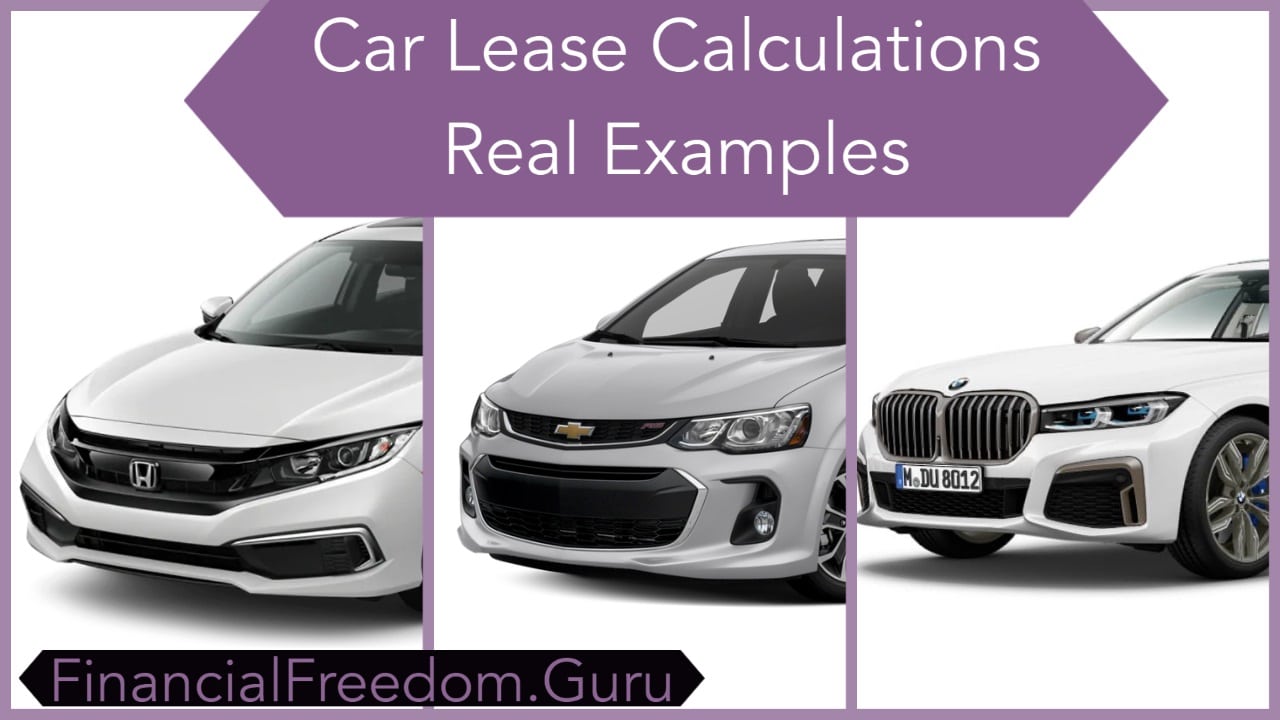
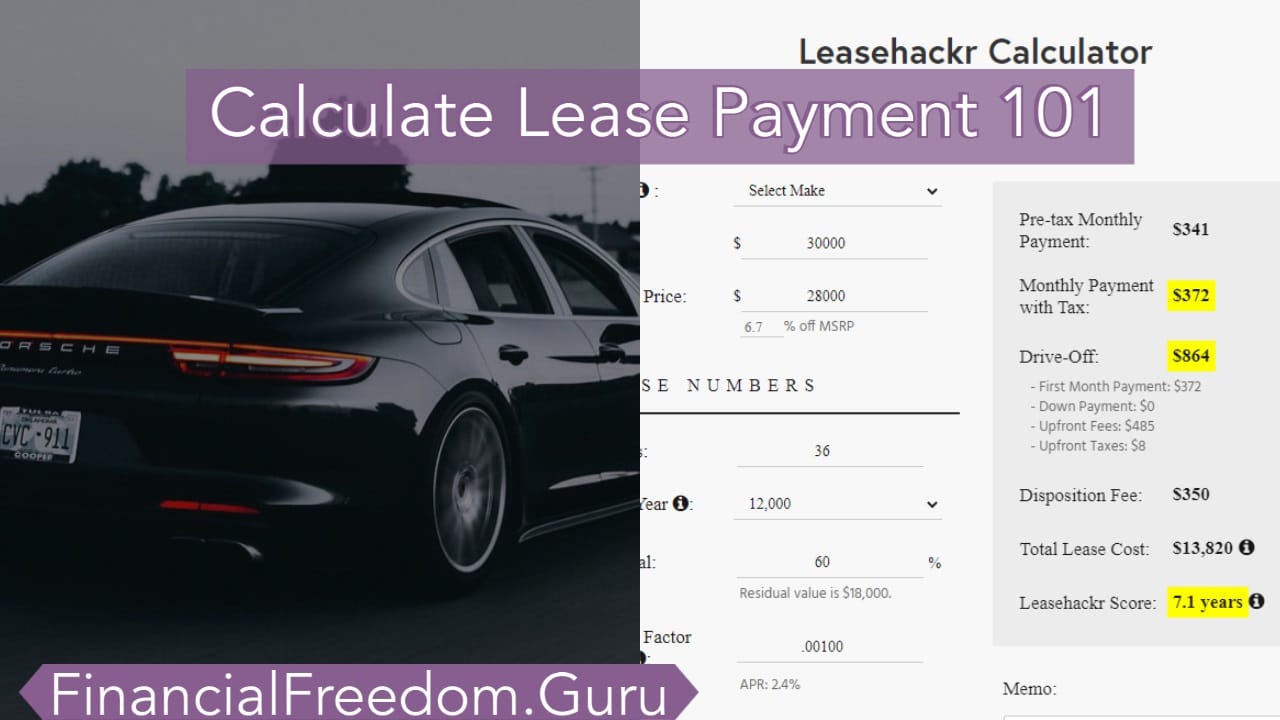
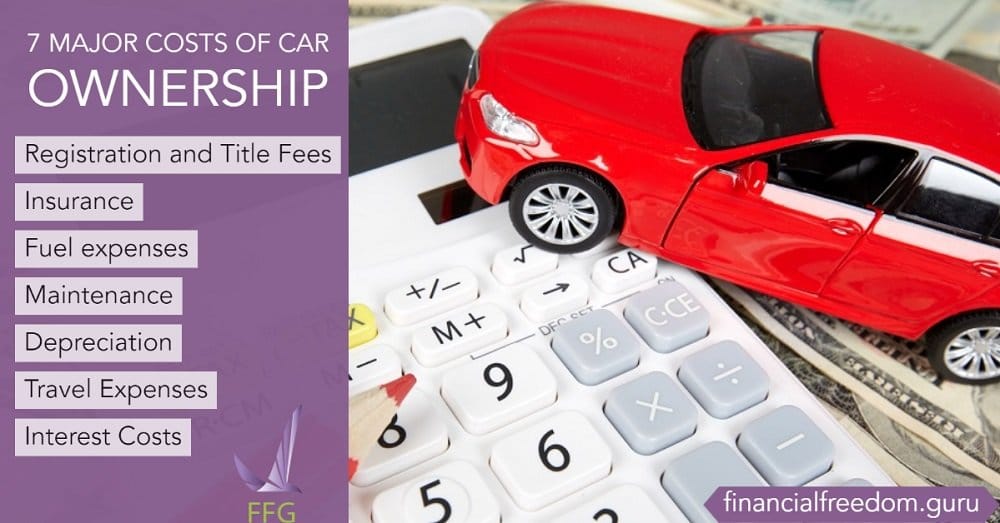
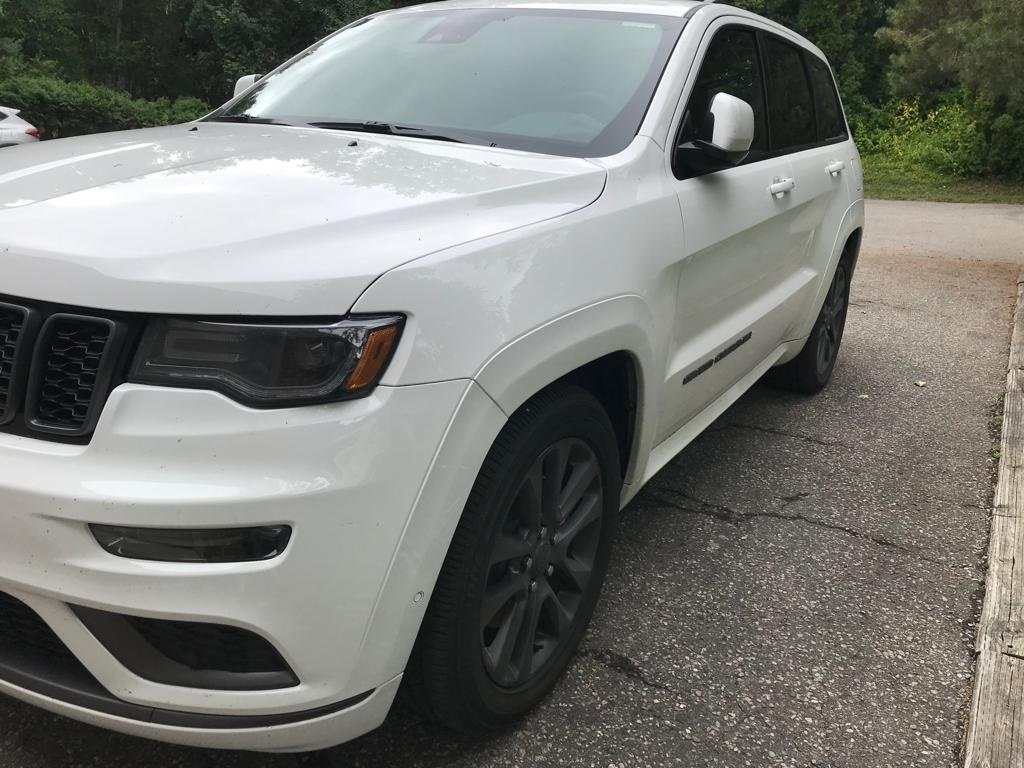
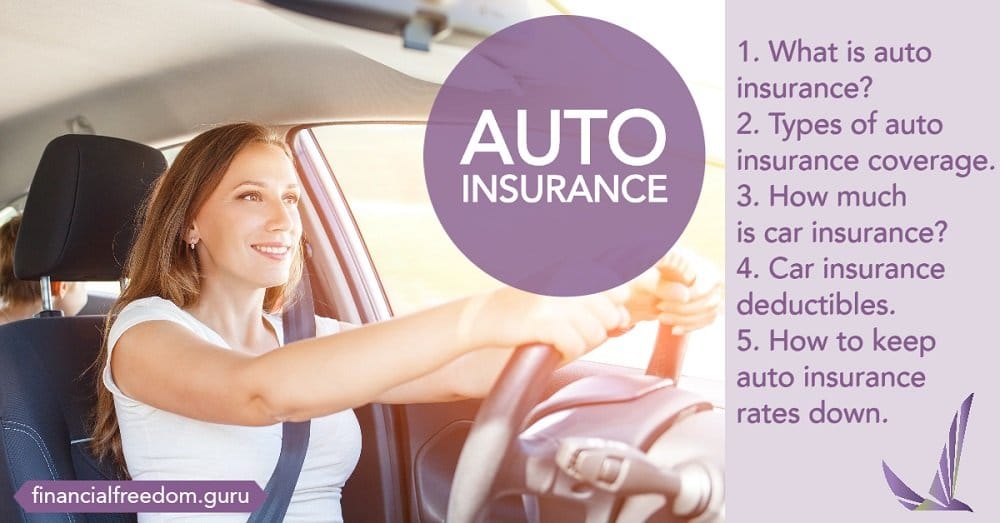
Financing is OK, but it’s necessary to pay it off as soon as possible. Debt is dumb, cash is king, and the paid off home mortgage has taken the place of the BMW as the status symbol of choice.
We would argue that Cash is not the king. Cashflow is the king.
Whether you purchase or lease, just keep in mind that you can negotiate either of these. Never take what’s on the sticker. Always negotiate. Always always always.
Absolutely! This article offers some new car negotiation tips that work in 2020 – https://financialfree1.wpengine.com/should-i-buy-a-car/new-car-negotiation-tips/.
Very good advice, everything is life is negotiable!
If you are someone that does not like to maintenance a car, has extra money to spend, etc. then leasing is perfect for you. If you don’t mind playing the long game and saving money, negotiate and purchase.
Well, you still need to maintain the car as if something breaks due to maintenance issues, you will be responsible for fixing it. You are not really saving money with the lease, you just have a lower monthly payment. But in the long run lease is almost never cheaper than owning a car.
I have leased 9 cars over the years and it’s great to have new every 3-4 years, but payment creep took me from $300 to $850 a month over 25 years in various leases.
If you want no problems and feel safe in new car then lease.
Finance only if you intend to keep car and drive it for 7-10 years or longer.
You probably rolled in some payments from the previous leases? I think past the 4 years mark, owning a car is definitely cheaper than leasing.
If you’re a business owner, lease is a straight line expense and each month you make a payment 100% of each payment reduces tax liability. Owning you’re left with mileage and maintenance expenses which most of the time will be less than your annualized lease payments. If your business makes money this could be a way to shelter more dollars from taxation. No maintenance, and new car every few years. Its a niche but there’s reasons to lease.
This is true only if you are using a car 100% for the business, otherwise, you can only write off the portion of the lease payment. When you own a car you can write off depreciation as well (regardless of actual miles). I think as a business the key reason to use lease, is that if you are actually using the car for business you are more likely to be longer on the road and more likely to be in accident.
I always pay cash. If you can’t afford it, don’t buy it.
I think it’s good to have enough cash to buy if you wanted it that way. I tend to buy with cash as well. However, you probably can get better if you go for financing and then pay off the loan immediately with cash.
I buy new but drive them for 10 years / 250k miles. So I don’t care about the immediate depreciation hit since I’m not selling it while it still has value anyway.
That makes sense. I like this strategy as you can baby the car knowing you will drive it for a long time and know it’s been maintained properly.
I drive WAY too much to ever lease a vehicle. It needs to be mine so I don’t have to worry about mileage.
Well the otherside of it, is that you car depreciates a lot and since you are so much on the road if you get into an accident, the diminished value would be your to take care of. All depends on how long you keep the car.
Best to buy a slightly used car. Either new or used it should be paid off within three years and plan on keeping the car for at least fifteen years, depending on mileage you drive, so you have time to save cash for the next car. Buy quality not cheap.
15 years? I think in 5-10 years gas-powered cars would be banned or phased out. It is probably the best approach, but just not realistic to the majority of people.